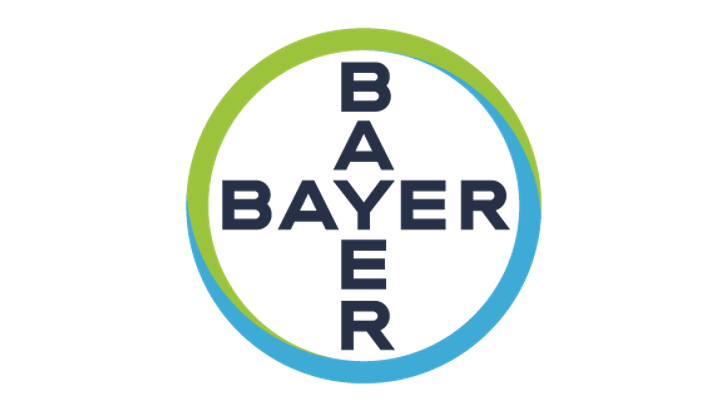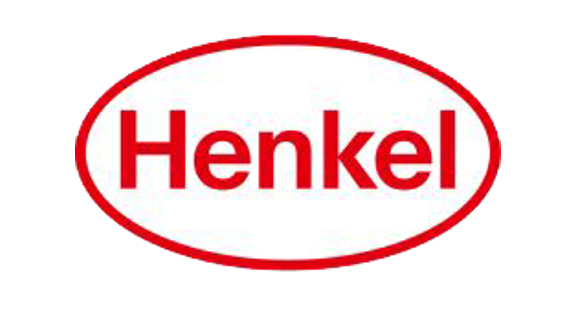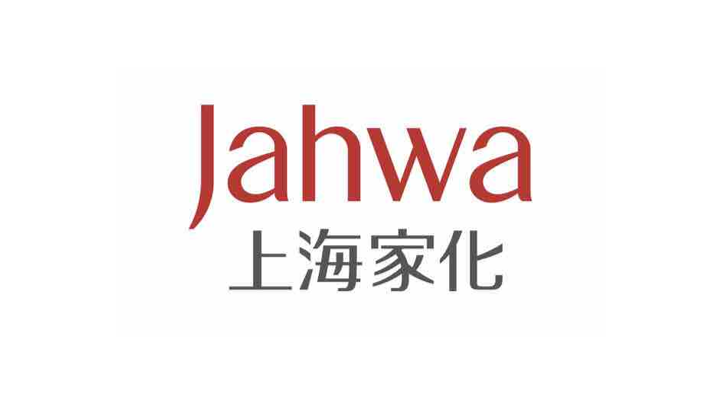In 2022, Walmart issued a major announcement that caused a stir in the RFID industry. As the world's leading retailer, Walmart announced its ambitious plan to expand the application of RFID technology to other key retail sectors besides retail clothing.
Walmart required its suppliers to implement RFID tags for home supplies, sports goods, electronic products, and toys by September 2, 2022. This strategic initiative highlighted Walmart's confidence in the effectiveness of RFID technology and its potential to revolutionize inventory management across different retail industries.
Now, nearly a year after the RFID authorization, the question arises: Has it really stimulated the application of RFID in retail industries beyond footwear and clothing?
As we all know, retail RFID applications have tremendous market development space in recent years, and UHF RFID technology is indispensable. According to IDTechEx data, over 72% of UHF RFID tags were deployed in the footwear and clothing sector last year.
This dominant position in the field of retail clothing and footwear tagging not only accounts for the largest market share in terms of tag volume, but also holds significant market value in the ultra-high frequency field. IDTechEx predicts that this trend will continue for the next decade, given the high standardization and rapid implementation of UHF RFID solutions deployed by retailers, coupled with proven return on investment in these industries.
While clothing and footwear continue to lead the UHF RFID market, other retail industries are also experiencing significant growth. Especially for participants in Walmart's supply chain, demand has shown strong double-digit growth due to Walmart's RFID authorization. This positive market response is very consistent with IDTechEx's predictions about the adoption of UHF RFID technology in other retail industries.
IDTechEx highlights the evolving prospects, pointing out that growth in these areas has exceeded previous expectations. The success of Walmart's authorization has played a crucial role in stimulating usage and promoting demand growth. Retailers from various industries have recognized the benefits of UHF RFID technology and are leveraging it to improve their operational efficiency.
Despite the increasing momentum in adopting item-level tagging (one tag per item) in other retail sectors, there are still significant challenges to overcome for large-scale implementation.
One of the main obstacles is the cost of tagging each item, which can be daunting for some retailers. Second, increased use of RFID tags can lead to electronic waste if proper recycling measures are not taken, raising sustainability issues. Third, there are also technical and implementation challenges, especially when dealing with items containing liquids or metals. Finally, the ecosystem for large-scale RFID implementation in other retail sectors (besides clothing and footwear) is not yet fully mature, adding complexity to the adoption process.
These issues also highlight the need for continuous innovation and collaborative exchange within the RFID industry to address cost, sustainability, and technological limitations. This will promote the development of a robust and efficient ecosystem that ultimately supports large-scale implementation in the retail industry.
RFID has gradually gained market recognition, and it is believed that more companies will join the RFID wave.
This article is reprinted from:RFID世界网

















